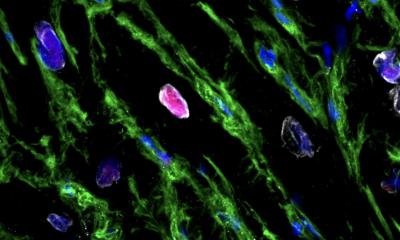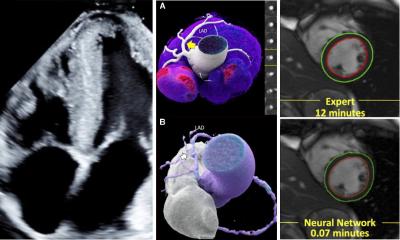EuroPCR 2009
19-22 May Barcelona, Spain
EuroPCR 2009 is focused on minimally invasive cardiac surgery, but narrowing the broad field of cardiology does not make this conference any less complex.
The 11,000 interventional cardiologists, cardiac surgeons, vascular surgeons, radiologists, nurses, and technicians expected at the 19th annual EuroPCR may again leave wondering who to believe, for the Late-Breaking Trial session promises to be another ‘Powerpoint Marathon’ of conflicting findings regarding the performance of a dizzying variety of bare metal, drug-eluting and bio-absorbable coronary stents. Industrial giants such as Johnson & Johnson, Boston Scientific, Abbott and Medtronic compete in what has become an $8 billion worldwide stent market, even though a clear-cut case for the cost benefits of these expensive devices have not yet been established.
The frequency of restenosis is a sensitive and difficult topic that EuroPCR will address in new sessions on secondary revascularisation, organised by Madrid’s Hospital Clinico San Carlos. Minimally invasive techniques (MIS) used to place stents are increasingly applied as an alternative to open surgery. Two emerging practice areas singled out as topics in special sessions are coronary bifurcation lesions and transcatheter aortic valve implantation.
This year EuroPCR, organised by the European Association for Percutaneous Cardiovascular Interventions, attracted 564 high-quality abstracts, not counting the myriad clinical trials, with 250 to be presented over the four-day event in 44 themed sessions, such as coronary total occlusion and critical limb ischaemia. New techniques, new devices and new technologies for medical imaging, both external and deep within the arteries will be presented and demonstrated.
Live presentations of surgical procedures are to be transmitted from 12 hospitals in seven European countries, one each from Argentina, South Africa, and the USA. Featuring the surgeon on one screen and the patient’s heart on another, these popular sessions attract up to 3,500 surgeons, some debating the demonstrated technique.
Sessions are organised around the organisation of patient care in hospital, involving three groups: cardiologists, nurses/technicians and radiologists.
01.05.2009





